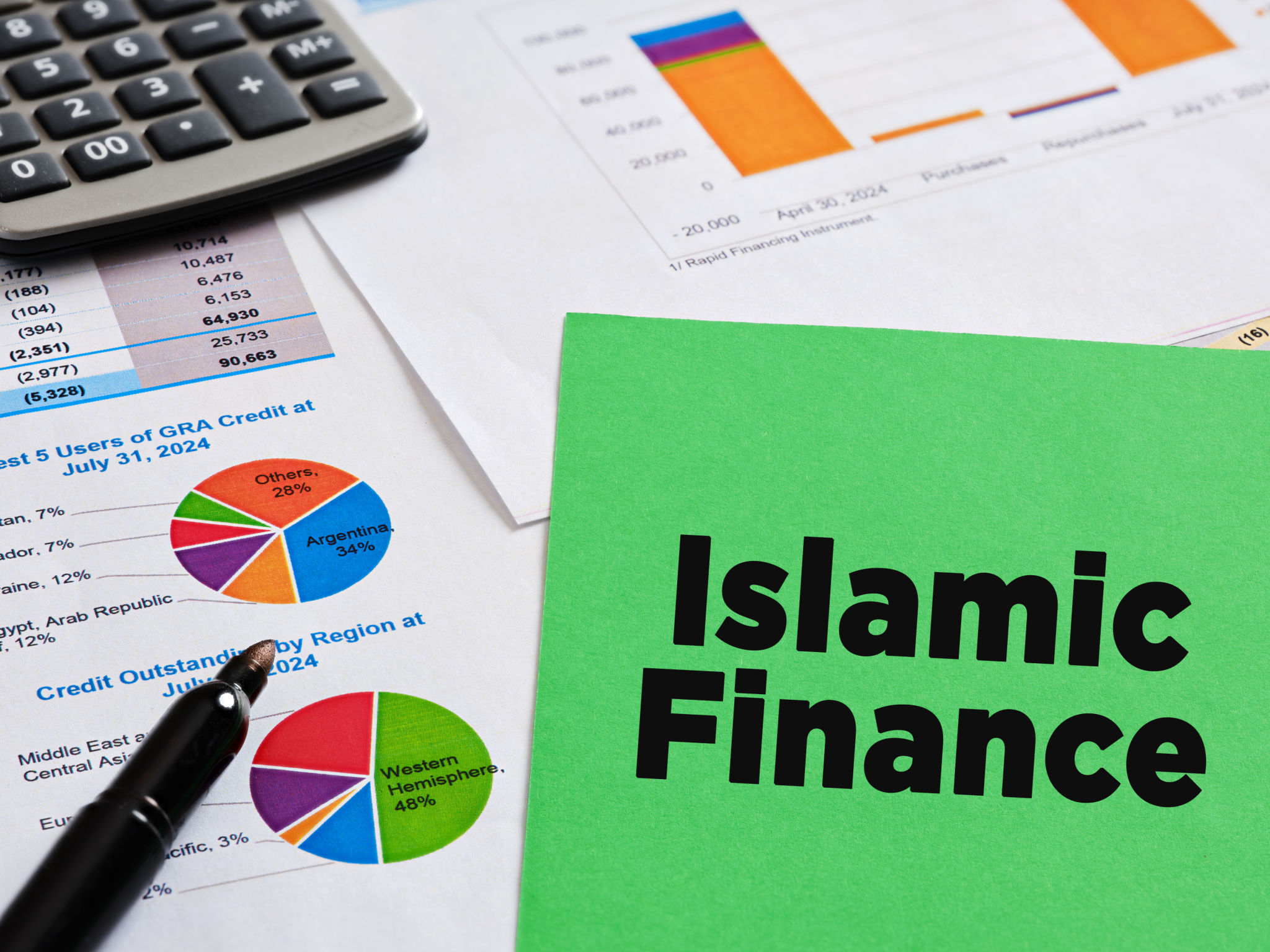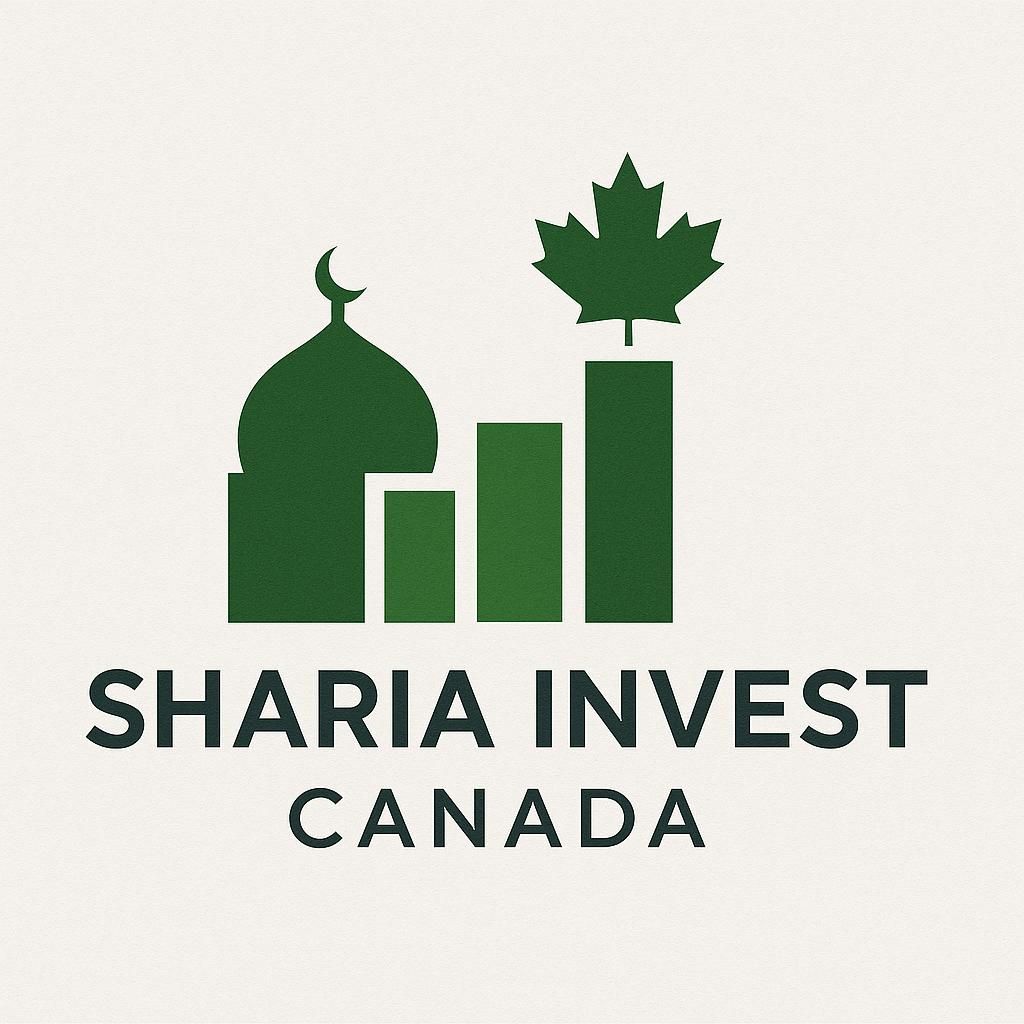Top Myths About Halal Investing: What Canadian Muslims Should Know
Understanding Halal Investing
Halal investing has grown in popularity among Canadian Muslims seeking to align their financial practices with their religious beliefs. However, there are several myths and misconceptions surrounding this investment approach that can lead to confusion. In this blog post, we aim to debunk these myths and provide clarity on what halal investing truly entails.

Myth 1: Halal Investing is Limited to Islamic Companies
One common misconception is that halal investing is restricted to companies that are explicitly Islamic. In reality, halal investing involves selecting investments that comply with Shariah law, which includes avoiding businesses involved in prohibited activities such as alcohol, gambling, and interest-based finance. This means a wide range of companies can be considered halal, not just those with Islamic branding.
Furthermore, halal investment portfolios often include companies from diverse sectors like technology, healthcare, and manufacturing, provided they adhere to ethical guidelines. This diversity allows investors to create a balanced portfolio without compromising their religious values.
Myth 2: Halal Investing Offers Lower Returns
Another prevalent myth is that halal investing results in lower returns compared to conventional investing. While it's true that certain high-risk, high-reward investments may be off-limits, halal investing doesn't inherently limit financial growth. The performance of halal investments can be competitive, especially when diversified strategically across permissible sectors.

Investors should focus on long-term growth and ethical investment strategies rather than quick gains. By doing so, they can achieve financial success while staying true to their principles.
Myth 3: Halal Investing is Complex and Time-Consuming
Some individuals believe that halal investing is a complex and time-consuming process due to the need for compliance with Shariah principles. However, with the rise of Islamic finance experts and dedicated halal investment platforms, the process has become more accessible. These resources provide valuable guidance on identifying Shariah-compliant opportunities.
Moreover, there are many mutual funds and exchange-traded funds (ETFs) specifically designed for halal investing, making it easier for individuals to invest in a Shariah-compliant manner without extensive research.

Myth 4: Halal Investing is Only for Muslims
A common misconception is that halal investing is exclusively for Muslims. While it is true that the primary audience is those seeking Shariah-compliant investment options, the ethical and socially responsible nature of halal investing can appeal to non-Muslim investors as well. Many individuals are drawn to the principles of avoiding harm and promoting good in their financial choices.
As such, halal investing can be seen as an extension of socially responsible investing (SRI), attracting a broader audience interested in ethical finance.
Conclusion: Embracing Halal Investing
Understanding and dispelling these myths is crucial for Canadian Muslims considering halal investing. By recognizing the breadth of opportunities available, the potential for competitive returns, and the accessibility of resources, investors can make informed decisions that align with their beliefs. Halal investing not only offers a way to grow wealth ethically but also serves as a bridge between faith and finance in today's diverse investment landscape.
